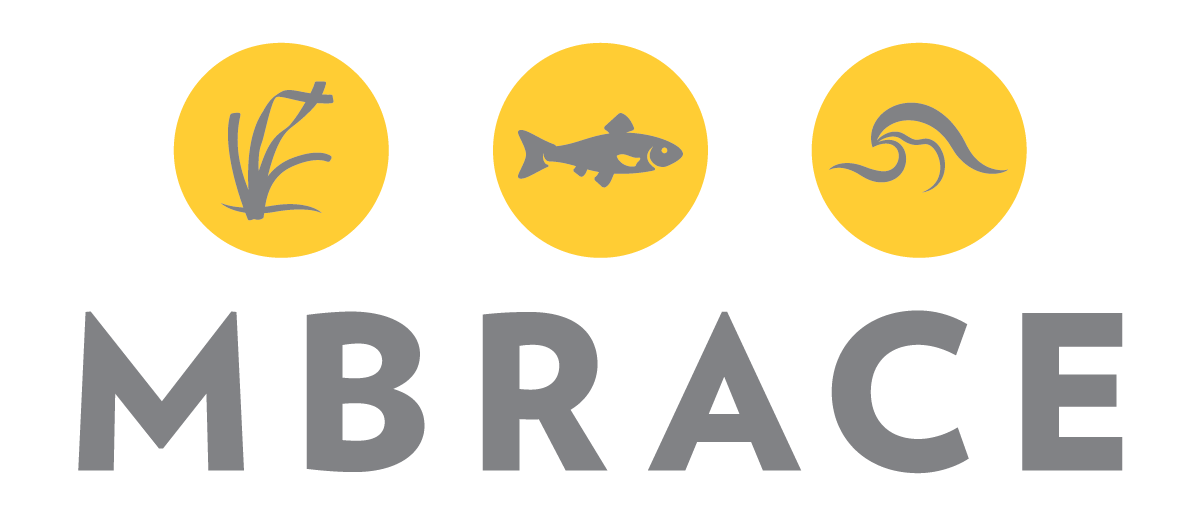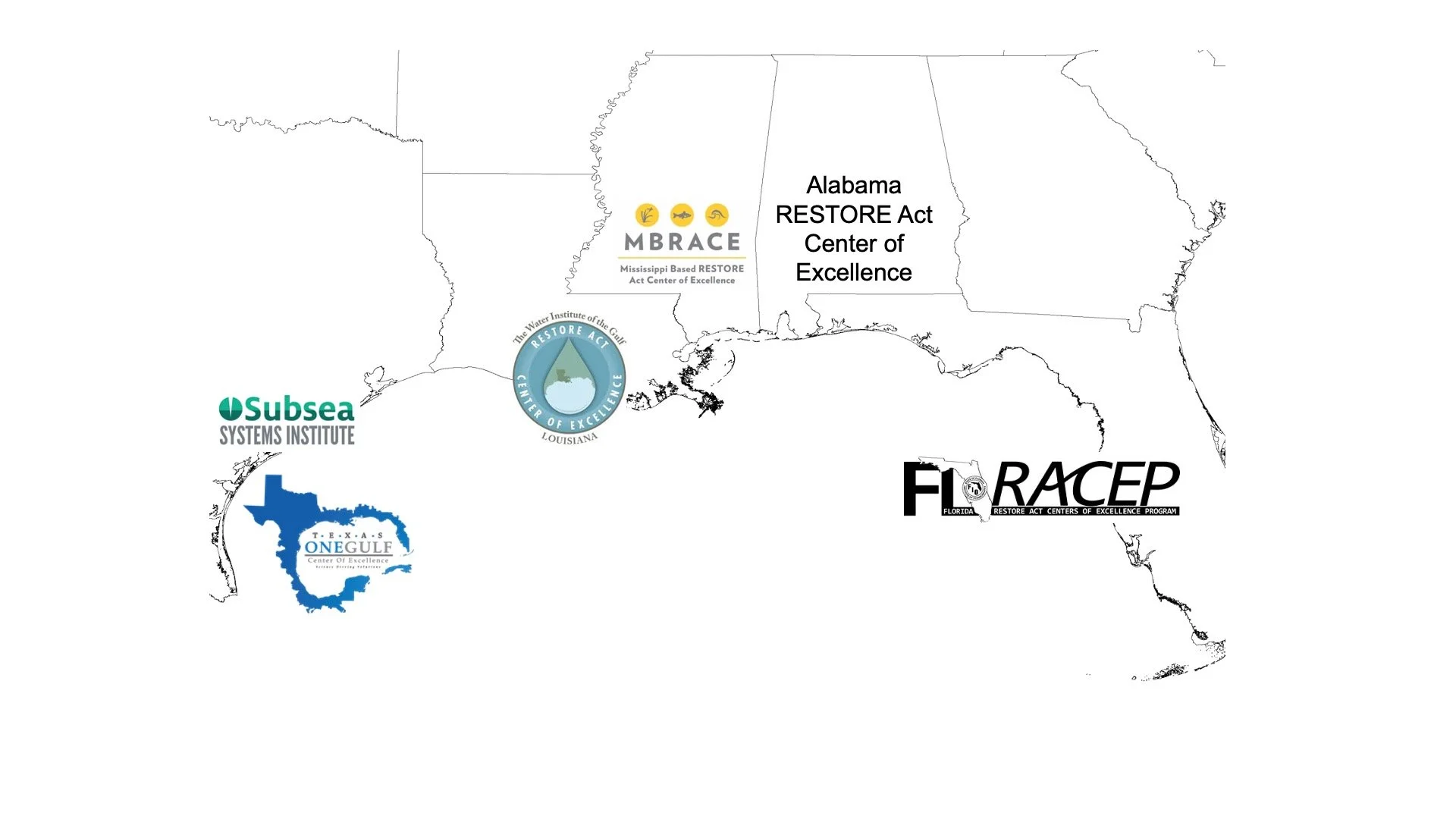Deepwater Horizon Oil Spill
On April 20, 2010, an explosion, subsequent fire, and sinking of the Deepwater Horizon (DWH) mobile drilling unit killed 11 workers and triggered a massive release of oil from British Petroleum’s Macondo well located about one mile below the ocean surface and about 80 km offshore. Initial efforts to cap the well following the explosion were unsuccessful, and for 87 days after the explosion, the well spewed oil and natural gas uncontrollably into the northern Gulf of Mexico (Gulf). Currents, winds, and tides carried these surface oil slicks north to the Gulf states, fouling more than 2,000 km of shoreline. These areas included beaches, bays, estuaries, and marshes from eastern Texas to the Florida Panhandle.
As a result of this oil spill, President Obama, on July 6, 2012, signed into effect the Resources and Ecosystem Sustainability, Tourist Opportunities, and Revived Economies of the Gulf Coast States Act (RESTORE Act). The Act established the Gulf Coast Restoration Trust Fund in the U.S. Department of the Treasury and directed 80% of the civil penalties paid after July 6, 2012, under the Federal Water Pollution Control Act in connection with the DWH oil spill, to be deposited into the Trust Fund and invested. As part of this Act, 2.5 % of funds and 25% of interest earned on the Trust Fund are dedicated to the establishment of Centers of Excellence. Through the RESTORE Act, MBRACE will receive approximately $26 million over 15 years.
MBRACE and the RESTORE Act Disciplines
MBRACE represents a broad cross-section of participants with demonstrated ability and expertise in science, technology, and monitoring that will focus on the five RESTORE Act Center of Excellence disciplines:
Coastal and deltaic sustainability, restoration and protection, including solutions and technology that allow citizens to live in a safe and sustainable manner in a coastal delta in the Gulf Coast Region
Coastal fisheries and wildlife ecosystem research and monitoring in the Gulf Coast Region
Offshore energy development, including research and technology to improve the sustainable and safe development of energy resources in the Gulf of Mexico
Sustainable and resilient growth, economic and commercial development in the Gulf of Mexico
Comprehensive observation, monitoring, and mapping of the Gulf of Mexico
Designated Centers of Excellence
MBRACE is one of six Centers of Excellence currently designated by the U.S. Department of Treasury. Information about the other Center of Excellence programs can be found on their websites:
RESTORE Act Center of Excellence for Louisiana


